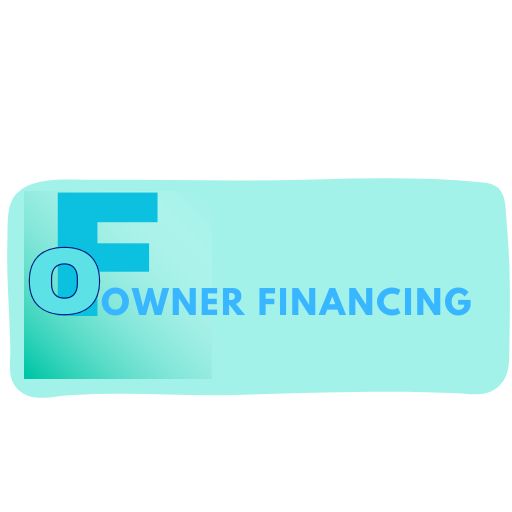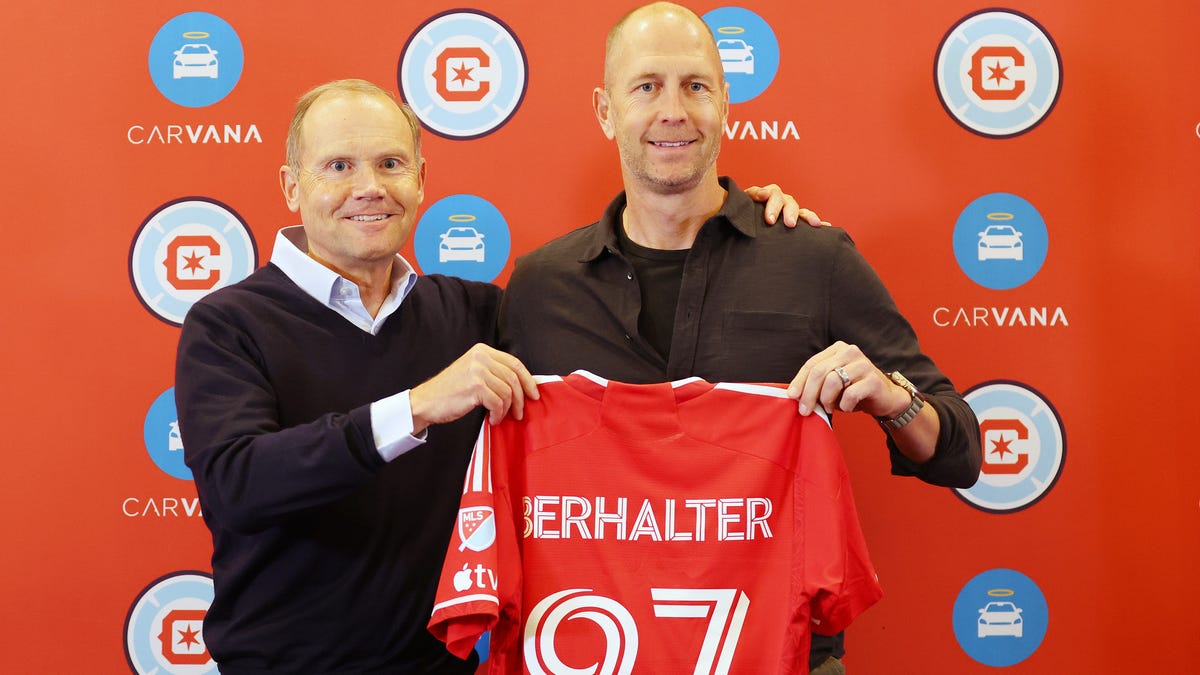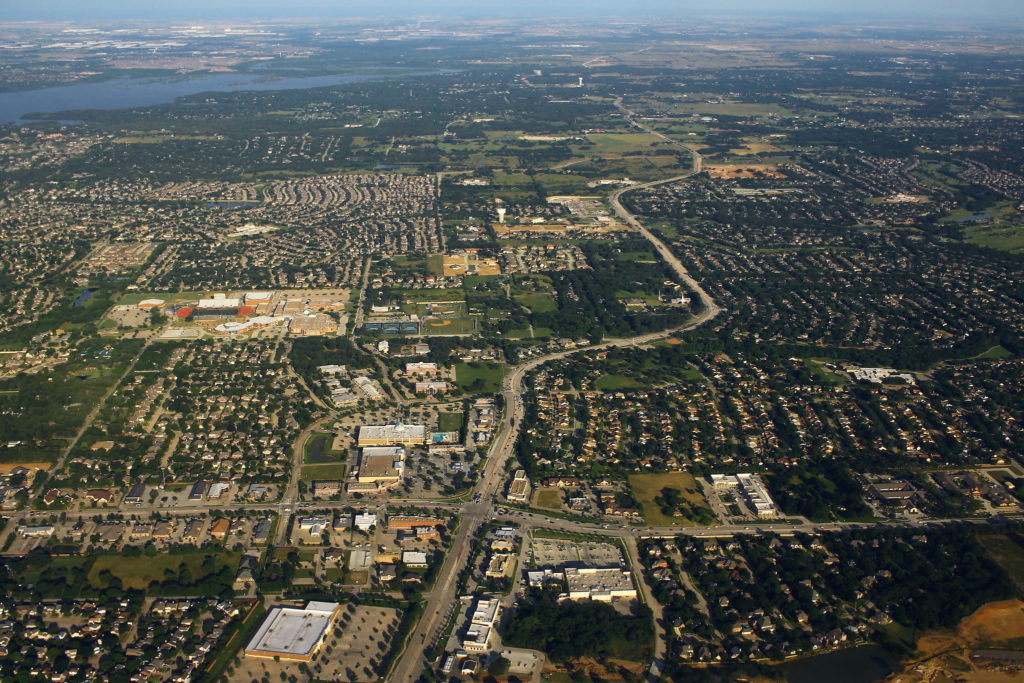Independent hotels tend to attract a certain type of traveler—curious, adventurous, seeking a novel experience. Lucky for these travelers, even in a world overrun by brands, there’s a boutique hotel out there that can scratch almost any travel itch. However, while thrill-seeking travelers aren’t outside the norm, lenders aren’t necessarily so keen on risky ventures.
Hotel financing is already rife with challenges, and independent hotel developers may face more lending obstacles than their branded brethren. Independent hotels are a riskier investment than a property with brand recognition. There are a lot of unknowns, it’s harder to find a solid comp set and there are no standards to be held to. Some lenders will only lend on branded hotels. Compound those factors with tightening credit markets and inflation and the pool of capital available keeps shrinking.
But it’s not all doom and gloom. There are still opportunities out there for independent hotel developers. There are also ways for these developers to make their projects look more attractive to potential lenders.
Here are some key strategies for independent hotel developers looking to secure a loan in the current market.
1. Go “By the Book”
Generally speaking, the more outside of the box you get from your traditional hotel model, the more challenging of an environment it’s going to be for financing. By design, independent hotels aren’t cookie-cutter properties—and that’s a good thing. Independent hotel guests want something new and exciting.
But while the hotel may have a unique concept, the process of seeking out a loan for an independent property should be as “by the book” as possible. Come to your lender with a strong business plan, market feasibility studies and any other documentation you can gather. Be able to explain how your property would maximize the potential of its surroundings. If you’re purchasing an existing asset, show how you can improve its operations and increase ADR. Show concrete numbers and projections. Basically, do everything you can to show the ways in which your project is a good bet.
2. Court Investors
It can be difficult to get as much leverage on an independent property as a branded property. For example, a four-star branded property might be able to get 65 percent percent leverage on a construction loan. That means the loan will cover 65 percent of the project’s costs. A four-star independent property might only get 45 percent.
For that reason, investors can make or break an independent hotel project. Having equity in the property from the outset—especially from well-known hospitality investors—also makes it more attractive to lenders. Further, the higher the equity, the more likely it is you’ll get a loan to cover the rest of the costs.
3. Go After the Right Buckets of Capital
When it comes to financing independent hotel properties, some lenders will be more apt than others to take on the deal. For example, regional lenders may be a better fit for an independent hotel project because they know their market better than most. It’s in their backyard, so if the deal makes sense to them, there is a higher probability of them putting out terms. That said, some regional lenders are pulling back on hospitality financing, so it may be more difficult to find one willing to engage on any hotel project than it has been in the past.
Government-guaranteed financing can also be a big bucket of capital. This includes SBA loans, both 504 (fixed interest rate) and 7a (variable interest rate), as well as USDA loans, which may provide capital for hotels being built in rural areas. Those loans are particularly attractive because they are guaranteed by the government. For example, if the bank is putting out $10 million on an SBA loan, a portion of that loan is backed by the government. This makes a risky deal—like an independent hotel—a little less risky.
4. Pick the Best Location
What are the three most important factors when buying real estate? Location, location, location. Choose a market where independent hotels have a track record of success and get to know that market forward and backward. Really understand the demand drivers and your hotel’s positioning in its comp set. Some of these locations may have higher barriers to entry—think places like Napa Valley, Lake Tahoe and Sedona—but the bump in ADR and occupancy that these areas offer may be worth the extra costs up front.
Also, choosing the best location is only half the battle. Developers need to be able to explain to a lender why this a location is right for a new property, as well as what that property will bring to the market that sets it apart.
5. Play Up Your—and Your Team’s—Experience
I cannot overstate the importance of this step. If you’re an inexperienced hotelier, getting financing for an independent property is going to be difficult. There are so many unknowns in this industry, and experience is incredibly valuable when figuring out how to weather storms and optimize outcomes. If you are an operator who has a strong track record of operating independent properties, a management company on board that manages other boutique assets, and other people on your team who have experience in this area of the hospitality industry, the likelihood of securing a loan goes up exponentially.
It is imperative that prospective hoteliers come into the lending process prepared. Utilizing the above strategies can help maximize your chances of a successful deal.
Ryan Bosch is a principal at Arriba Capital, a Scottsdale, Ariz.-based real estate investment banking firm that specializes in arranging structured finance.
This article was originally published in the November/December edition of Hotel Management magazine. Subscribe here.







